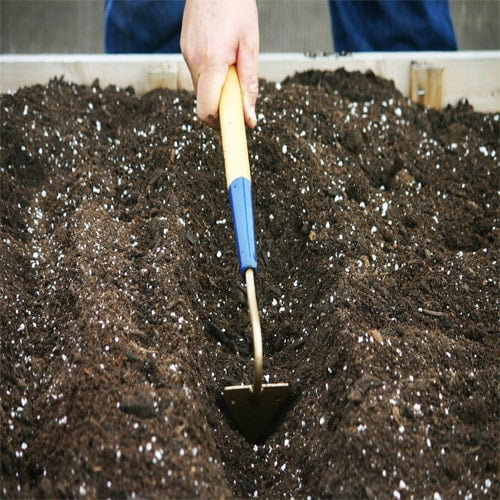How Natural Gypsum Fertilizer Can Benefit Soil?

Natural Gypsum Fertilizer Benefit
Gypsum is an important mineral that is obtained from the surface as well as underground deposits. It provides calcium and sulfur to plants and benefits soil properties to a large extent. Farmers use agricultural gypsum for nourishing and improving soil texture for enhanced productivity. It’s important to learn when agricultural grade gypsum applies on soil. its solubility is based on factors like moisture, soil particle size and properties.
For acidic subsoils, gypsum is used as a source of soluble calcium that alleviates the toxicity of aluminum. Therefore, beware to buy agricultural gypsum from certified supplier that offers best quality gypsum to consumers and meets all standards. This will ensure the expected result when applied to soil. Gypsum is a fertilizer product and provides available calcium ion (Ca2+) and sulfur ion (SO42-) to crops.
In case the soil lacks these forms of mineral, the application of gypsum can enhance the productivity of crops. Amending soil with gypsum can increase physical and chemical properties and reduce soil erosion. and nutrient concentrations in surface water runoff. The multiple uses of agricultural gypsum show remarkable benefits to horticultural and agricultural users.
Benefits of natural Gypsum Fertilizer in Agricultural Firm
Gypsum fertilizer aids in soil structure and provides trace nutrients to plants without altering the pH value of soil. Today online Fertilizer suppliers make it possible for farmers and growers to buy gypsum online. and use it in their agricultural land due to below-stated reasons.
1. Get Benefits from Chemical Nutrients
Calcium sulfate Dihydrate or gypsum is a neutral substance that is vital for plant growth and development. Upon its application, soil pH does not get affected and hence it is safe to use in agricultural field.
2. Exhibits Positive Effect on Plants
Calcium builds cell walls and is vital for the internal transport system of plants. Deficiency of the mineral results in underdeveloped tips of young and developing leaves and also yellowing of leaf. For oil and protein production in plants and its seeds, the maturation of plants and its fruits, sulfur is required. Due to the lack of this vital mineral yellow leaves and light-colored veins occur.
3. Shows Effect on Soil
Agricultural natural gypsum fertilizer prevents soil’s surface from crusting. It breaks chemical bonds in clay soils that prevent soil to drain properly or allow air circulation. Also, it adds nutrients to the soil without exhibiting a strong effect on it.
These and many more benefits make gypsum an ideal fertilizer for agriculture. Today, the market is flooded with low-quality gypsum that may retard the plant’s growth. So be careful while purchasing agricultural-grade gypsum and boost crop productivity to manifolds.
